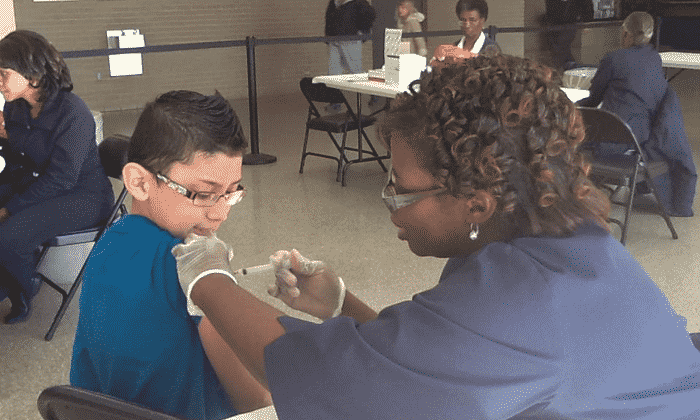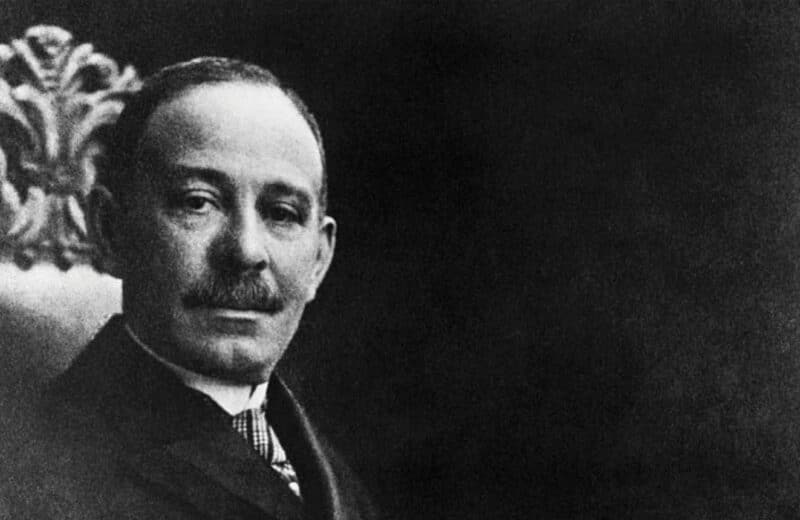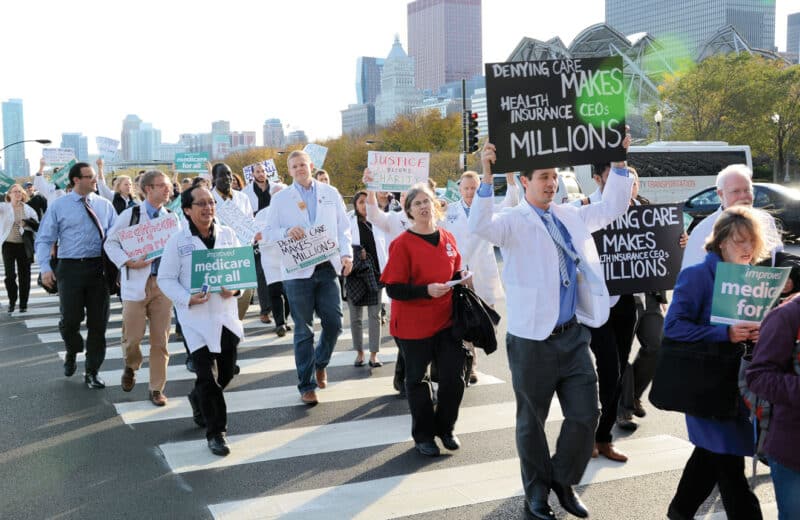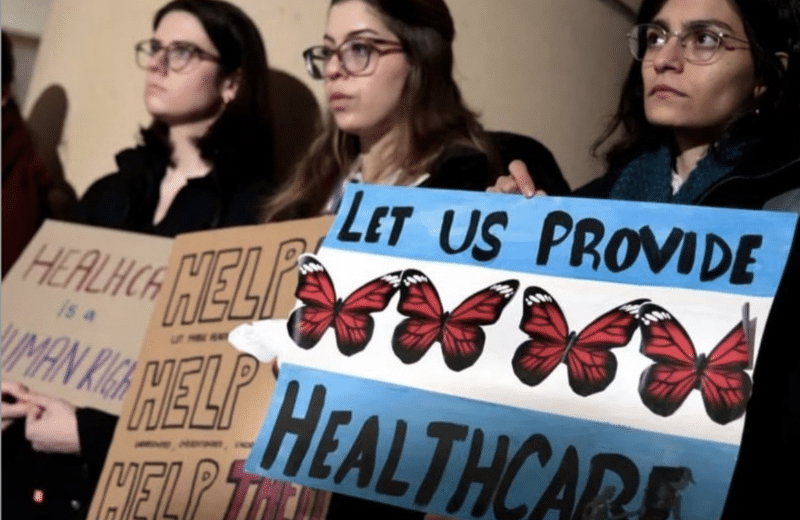Photo courtesy of Chicago Department of Public Health
[spacer style=”3″]
The Measles Outbreak: Why It’s Back and What to Do
By Carroll Cole
When we think of measles, we think of our grandparents and horrific stories of a past before modern medicine. The scary truth is that it’s still around and it’s highly contagious. It’s National Infant Immunization Week, and it couldn’t have come at a better time.
According to Centers of Disease Control and Prevention (CDC), there have been 129 confirmed cases of measles in the United States. At least four cases have been in Illinois.
Measles is a highly contagious respiratory disease that may cause fever, a full body rash, cough, runny nose and in many cases, an ear infection or pneumonia. In some cases, children with measles may die.
The vaccine used to prevent measles is extremely effective compared to the destructive force the disease used to be. However, the vaccine only works if it’s implemented on a timely basis. Consider the MMR (measles, mumps, and rubella) vaccine debate and the effort to link the vaccine to autism.
“We still have a lot of individuals who are choosing not to vaccinate their children,” says Pediatric Infectious Disease Specialist Tina Tan, MD, at the Ann & Robert H. Lurie Children’s Hospital of Chicago. “There is absolutely no association between receiving any vaccine and the development of autism,” Tan says—a belief numerous studies have proven to be true.
Hopefully, National Infant Immunization Week, which takes place April 26 to May 3, will help to change the tide. In an effort to support the importance of following childhood vaccination schedules, the Chicago Department of Public Health (CDPH) is coordinating parent education at its Women, Infant and Children (WIC) clinics all week.
Additionally, says CDPH Medical Director Julie Morita, MD, “We administer [approximately] 10,000 vaccines every year. We also have a mobile unit, the CareVan, which provides [approximately] 5,000 vaccines per year at schools, churches and community groups.
“In addition to administering vaccines, CDPH distributes over one million doses of vaccines for children who are on Medicaid or without insurance to over 600 clinics throughout the city,” Morita says. “These vaccines are administered to children free of charge.”
Tan is hopeful that this week will help sway parents on the fence toward vaccination.
But even with more vaccinations, there are still risk factors. In 1989, the MMR vaccine was switched to two doses, when it was discovered through an epidemic that one dose was not effective for everyone. Therefore, adults who were vaccinated before then could still be at risk for contracting measles.
Even scarier, infants are not vaccinated until 12 to 15 months of age, putting them at risk as well. Immunocompromised individuals, such as cancer patients and those with immunodeficiency disorders, and, above all, unvaccinated people, are also at higher risk for catching measles, says Allison Bartlett, MD, infectious diseases expert at La Rabida Children’s Hospital.
However, infants are still somewhat naturally protected.
“Most of the time, infants will have maternal antibody until about nine or ten months,” Tan says.
While it’s possible to vaccinate infants at six months for travel or exposure reasons, “Unless you’re in a community where [there] is an active measles epidemic in your close circle of friends, I don’t think it’s worth doing the vaccination,” says Bartlett. “It won’t provide as robust protection [as it will] if you wait until they’re 12 to 15 months.”
As for adults who received the vaccine before 1989, the CDC recommends that adults get two doses of the MMR vaccine if they are “at high risk for exposure or transmission.” Traveling college students and healthcare professionals, for example, fall into this category.
The overall advice is to take measles seriously, but not to stress. “What we know about measles outbreaks, at least now in this country, is that almost all of [them are] occurring in individuals [who] are not vaccinated, primarily those individuals who have chosen not to be vaccinated or whose parents have chosen not to vaccinate them,” says Tan.
Bartlett hopes the outbreak will create more awareness of what she calls, “vaccinable illnesses,” so we can better protect our children from preventable diseases.
Because, ultimately, says Tan, “The most important thing people can do is to make sure their immunizations are up-to-date.”
Published April 28, 2014













